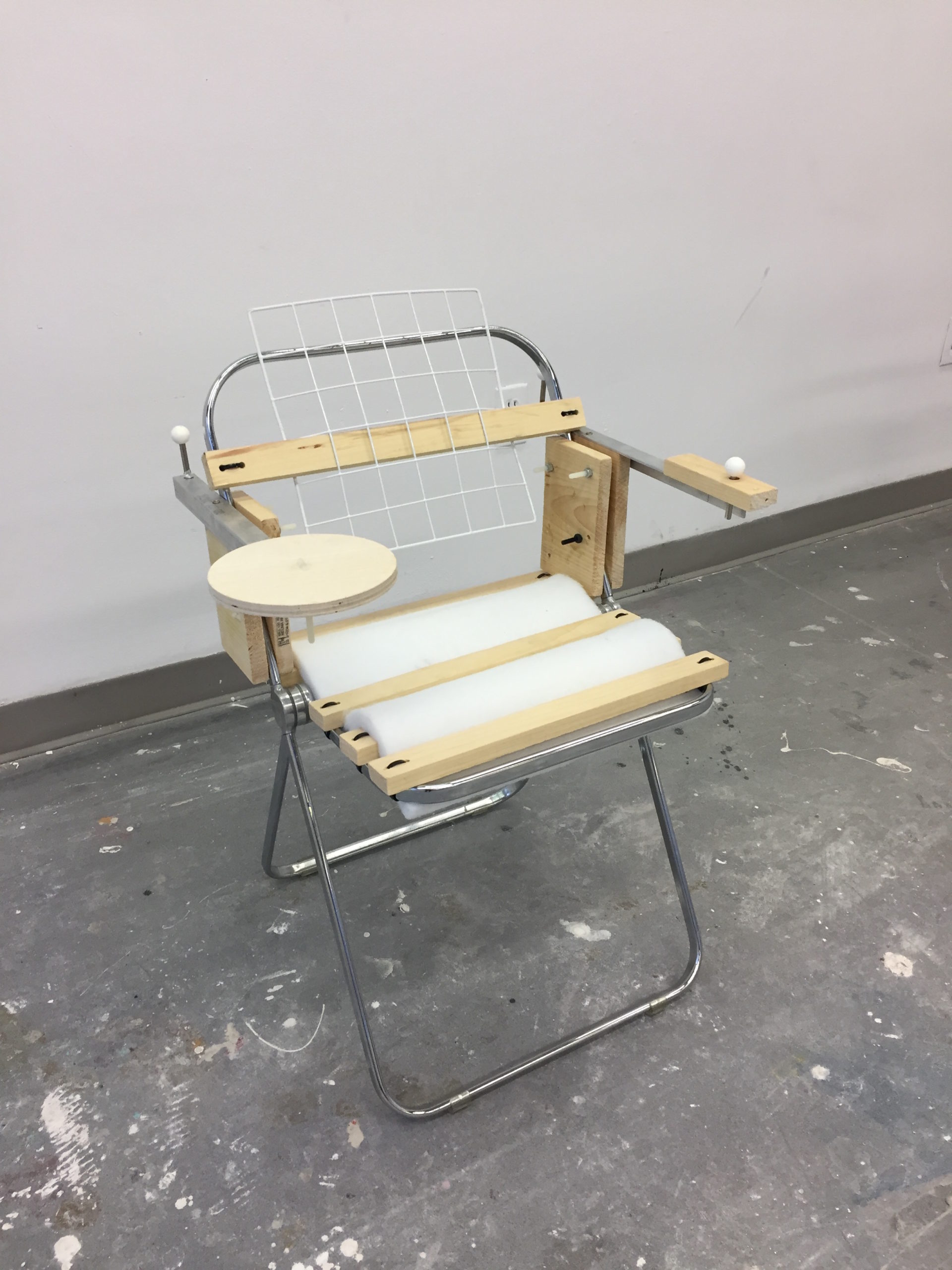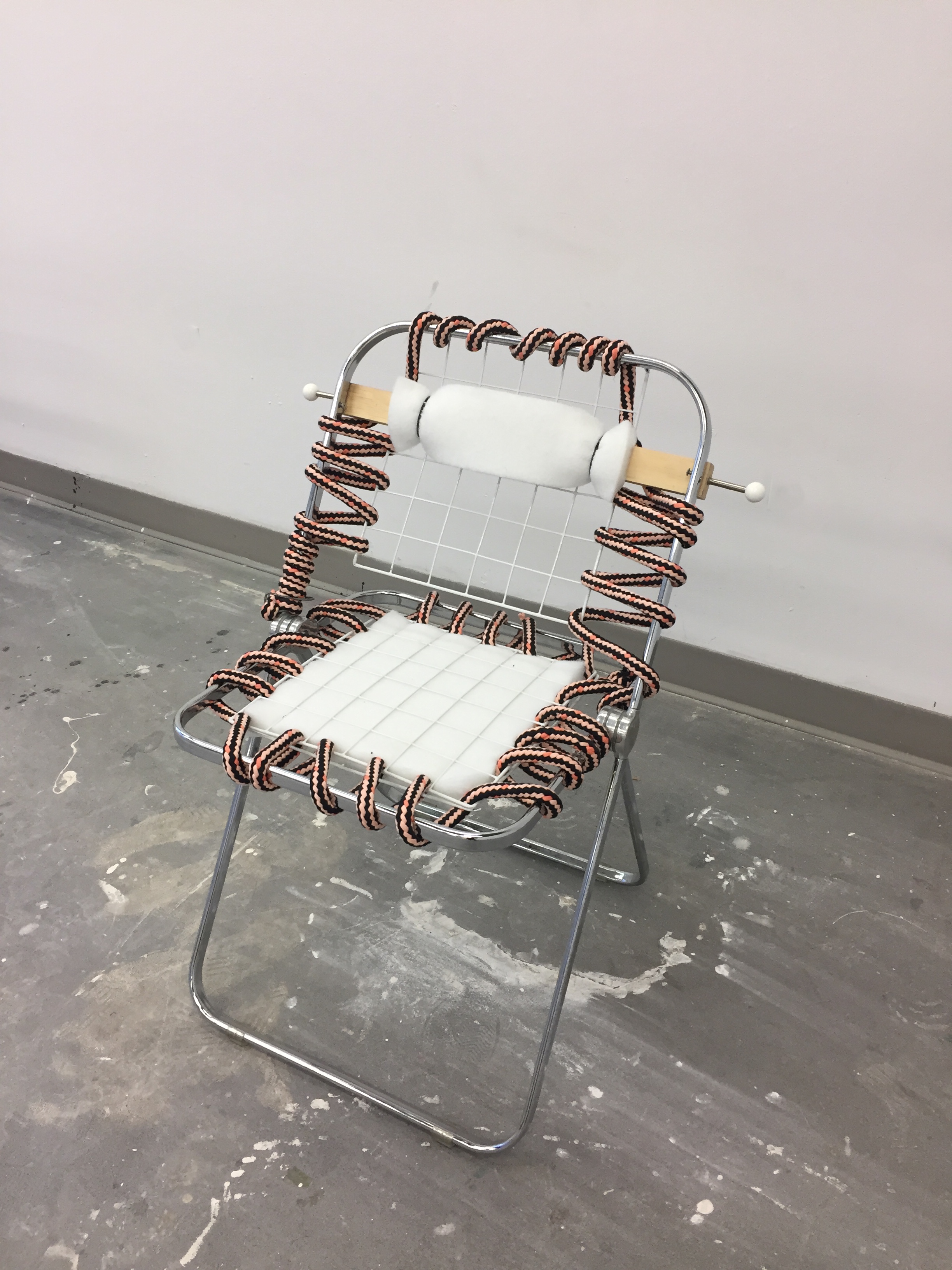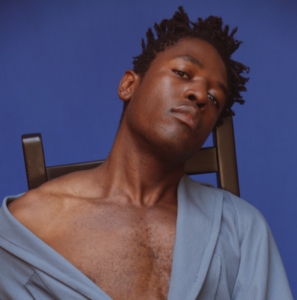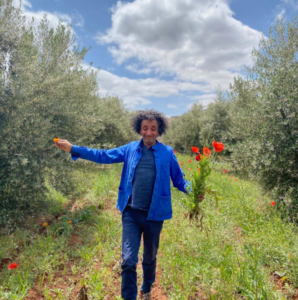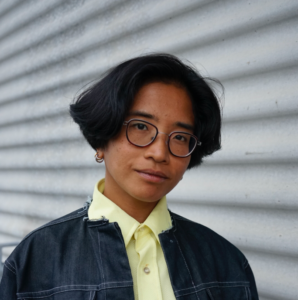Laura Azzalini of Reixue Directs our Gaze Backward in the Name of Sustainable Progress
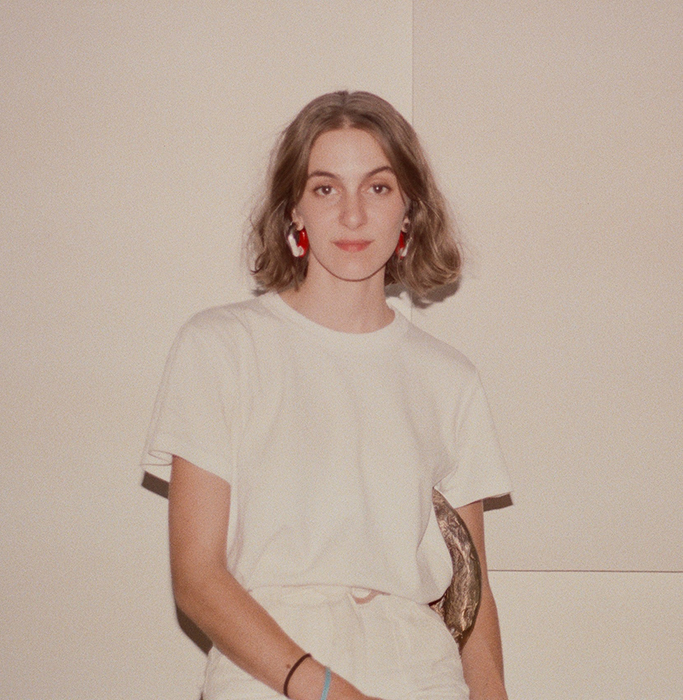
Interview with Laura Azzalini by
Kristian Khan
Date
Friday, November 27th, 2020
Location
Montreal, Canada
Author
Kristian Khan
Editor
Maéva Carreira
Editor-in-Chief
Tamy Emma Pepin
Old films are remastered in 4K. Best-selling books are republished with fresh forewords. Classic albums are rereleased with updated cover art. Laura Azzalini, founder of Reixue, reissues vintage furniture and design objects with a new context: the world today.
As the divide between creation and curation continues to collapse, the 28-year-old design enthusiast and curator culls furniture from history to renew our interest in what is already there. She considers it sustainable creation.
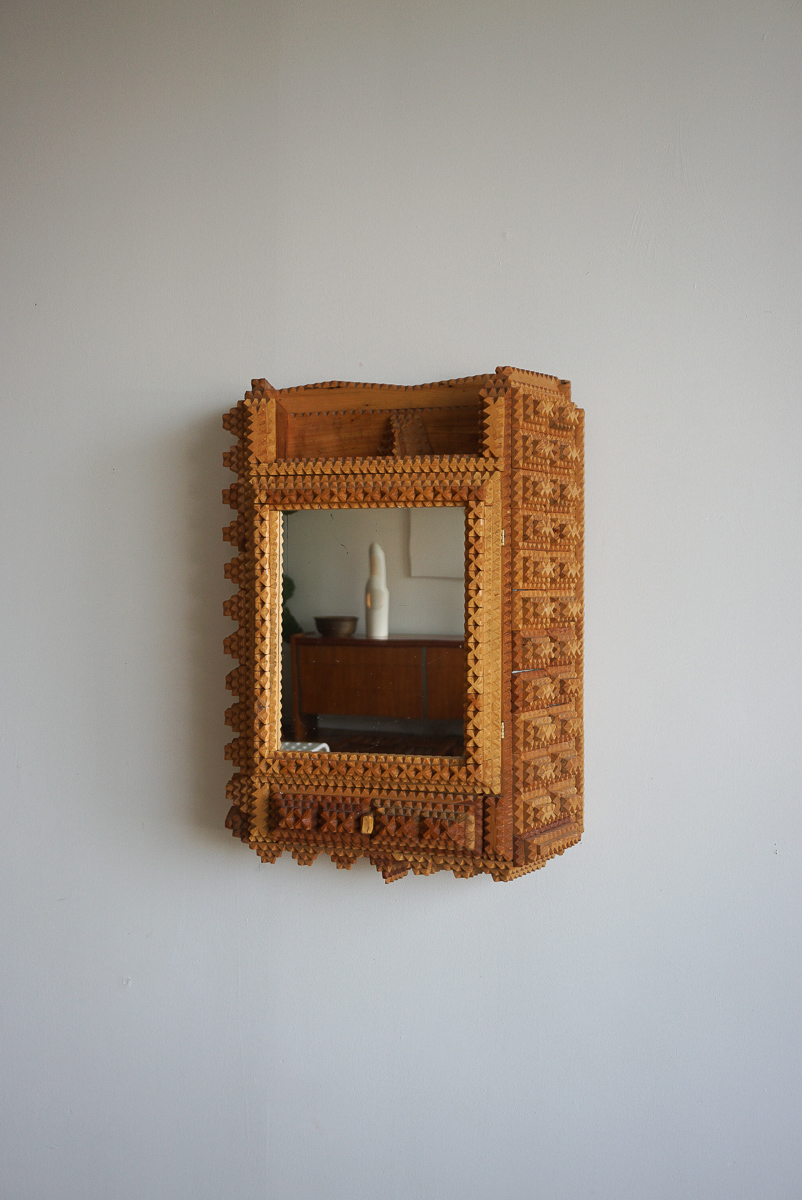
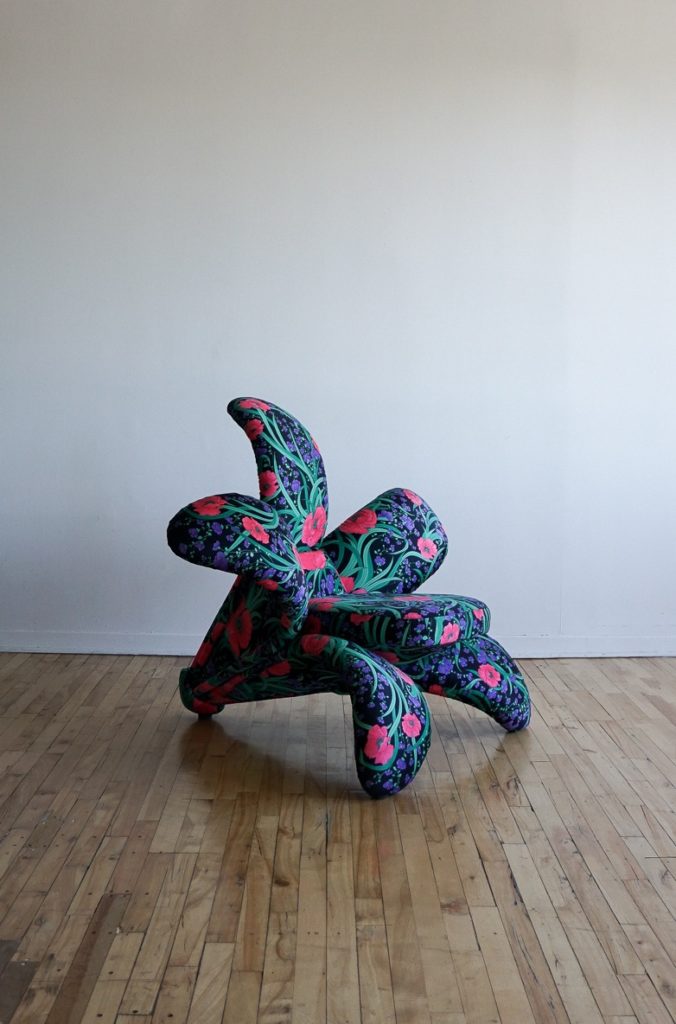
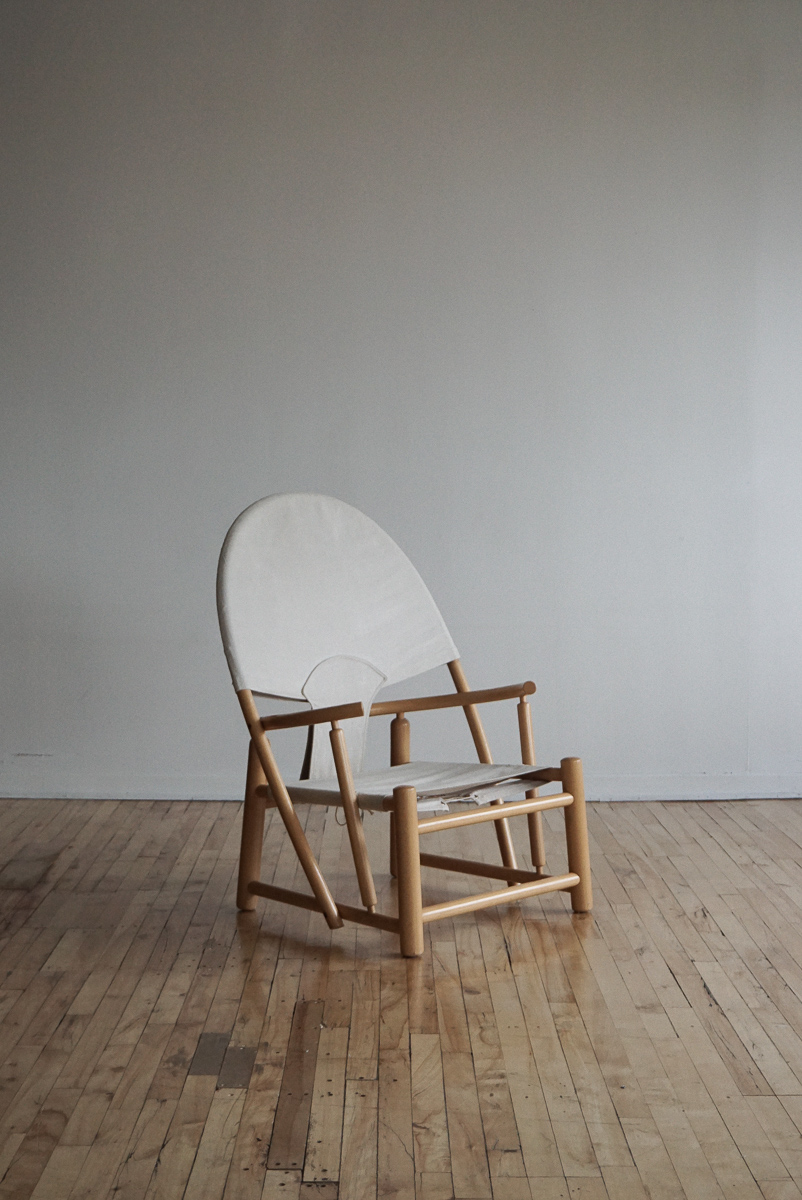
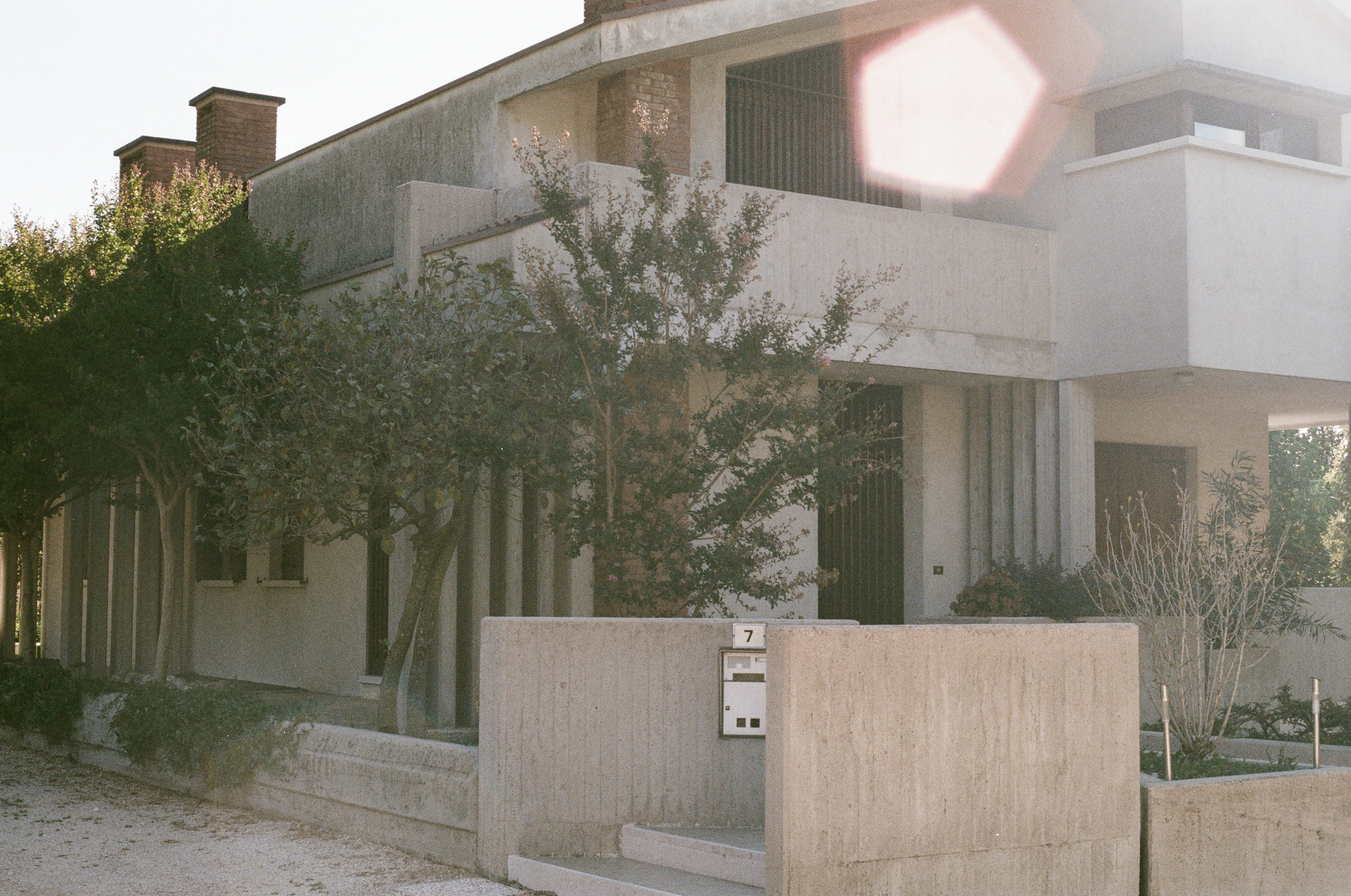
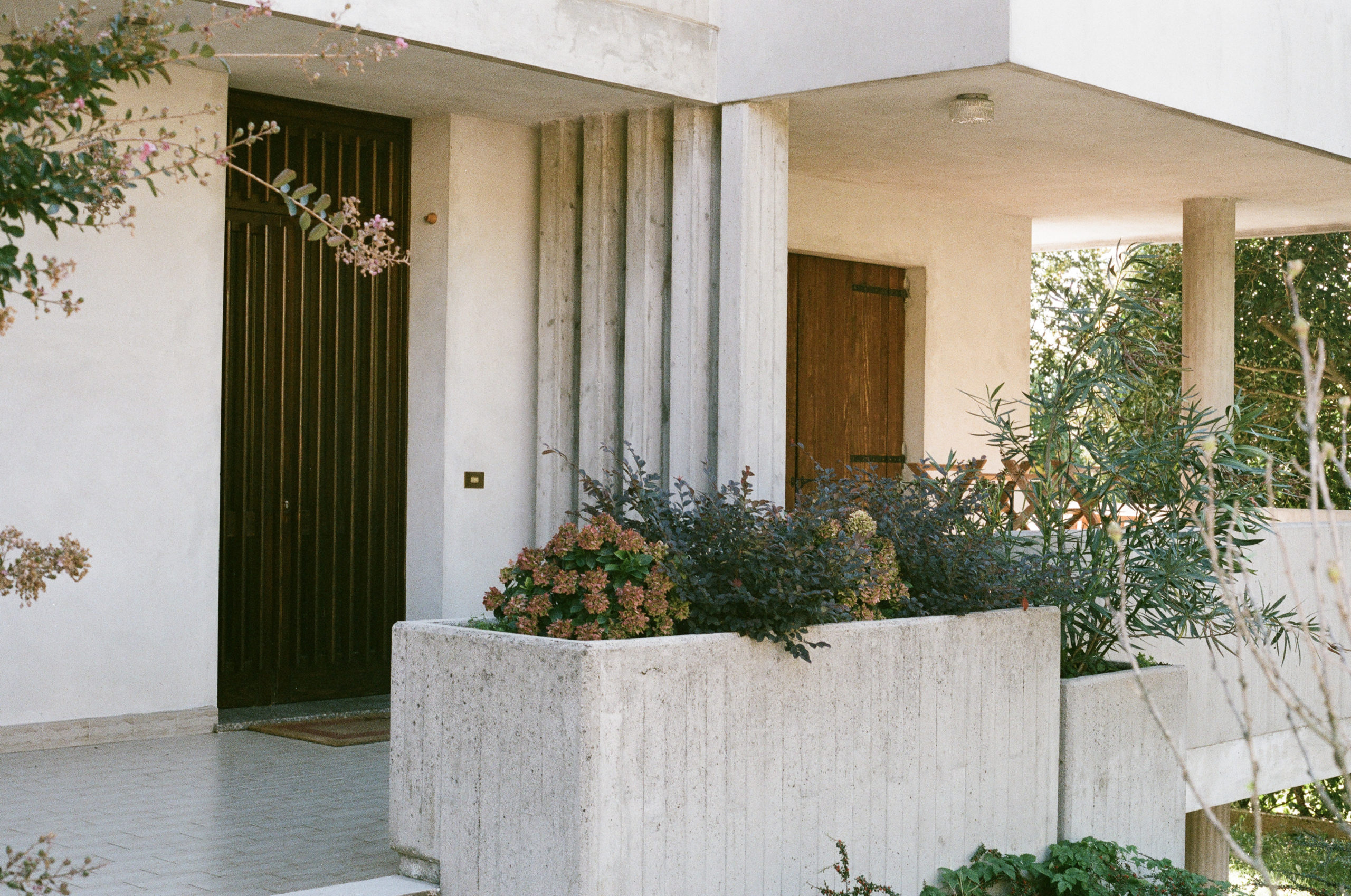
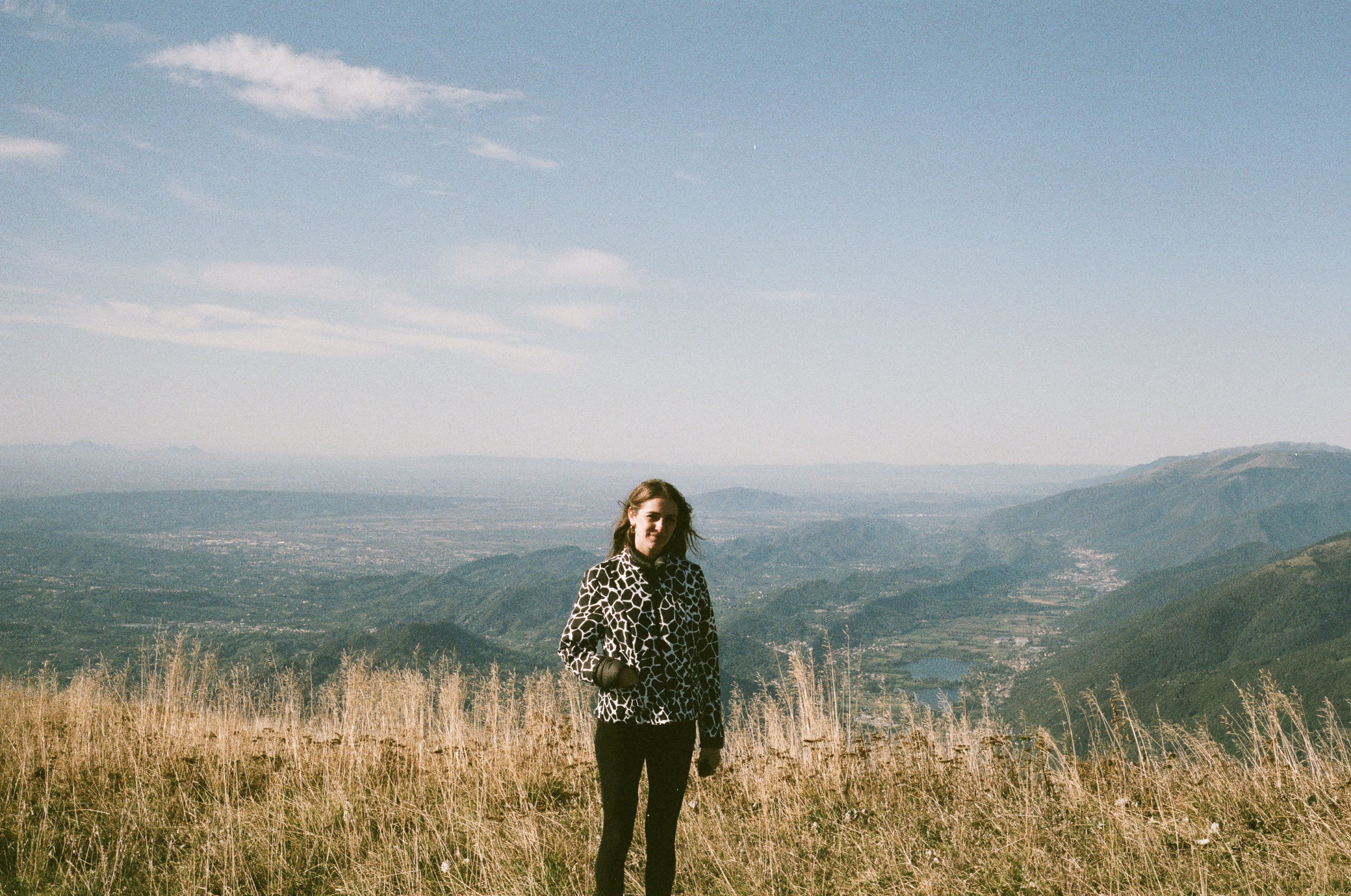
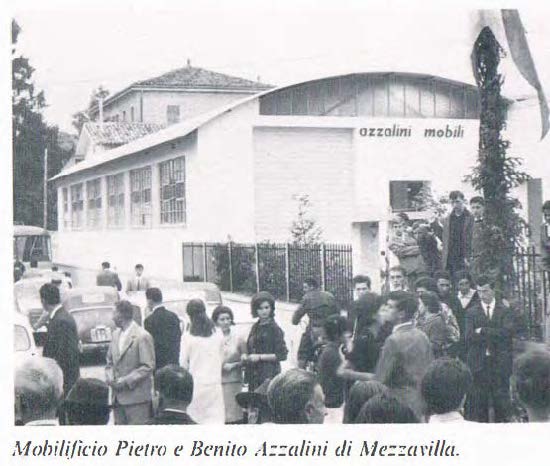
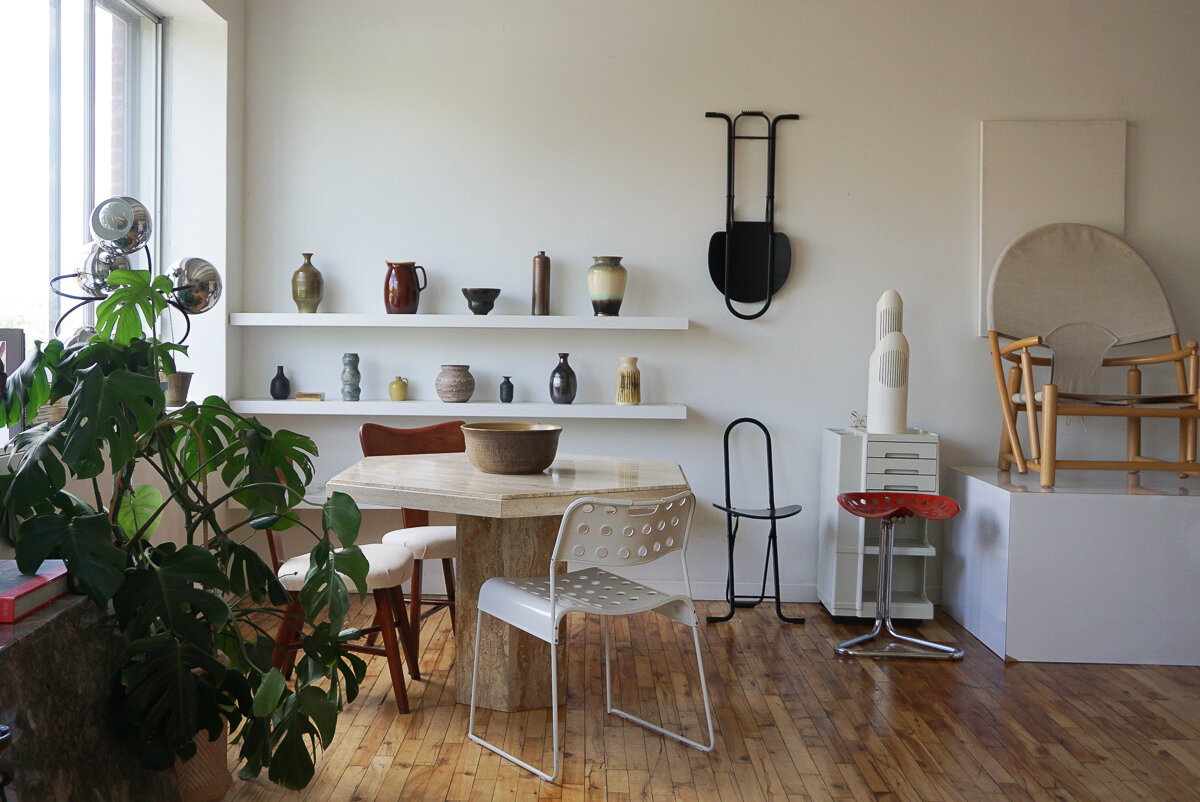
I asked myself if it was sustainable to be designing new products. And if I did, could I even contribute something that hadn’t been done before?
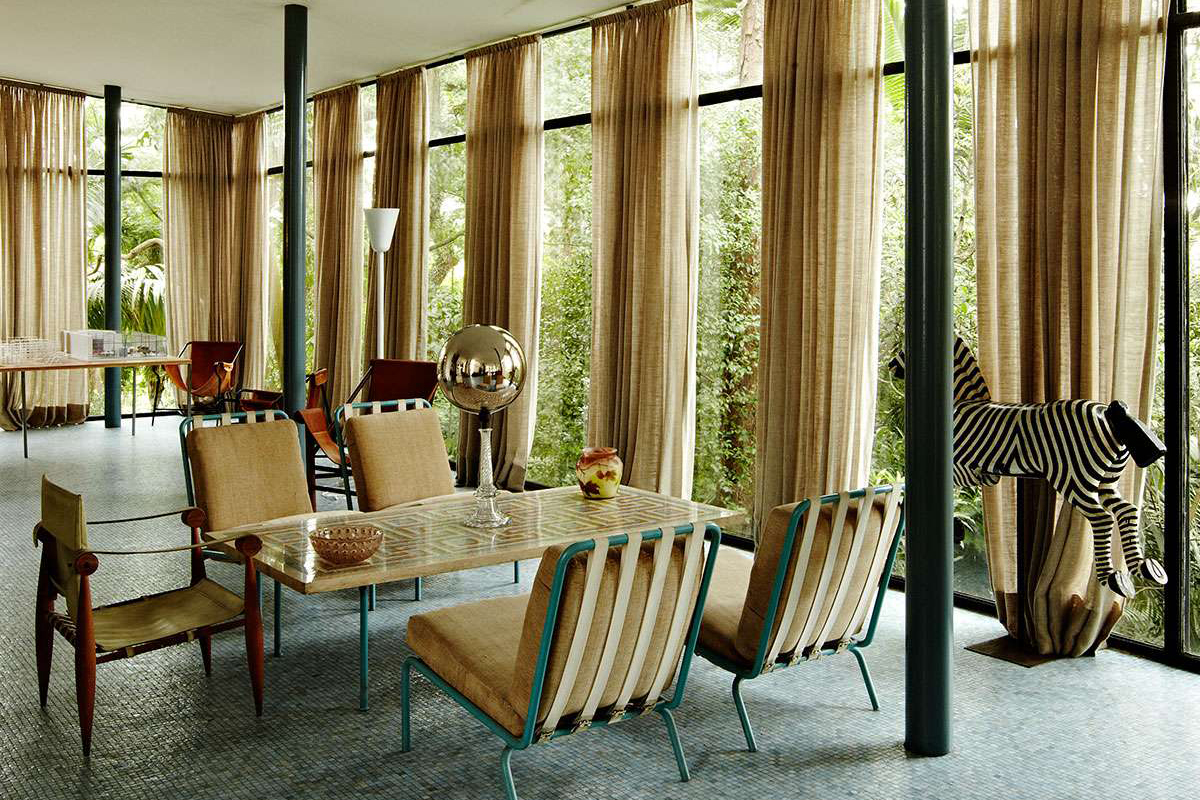
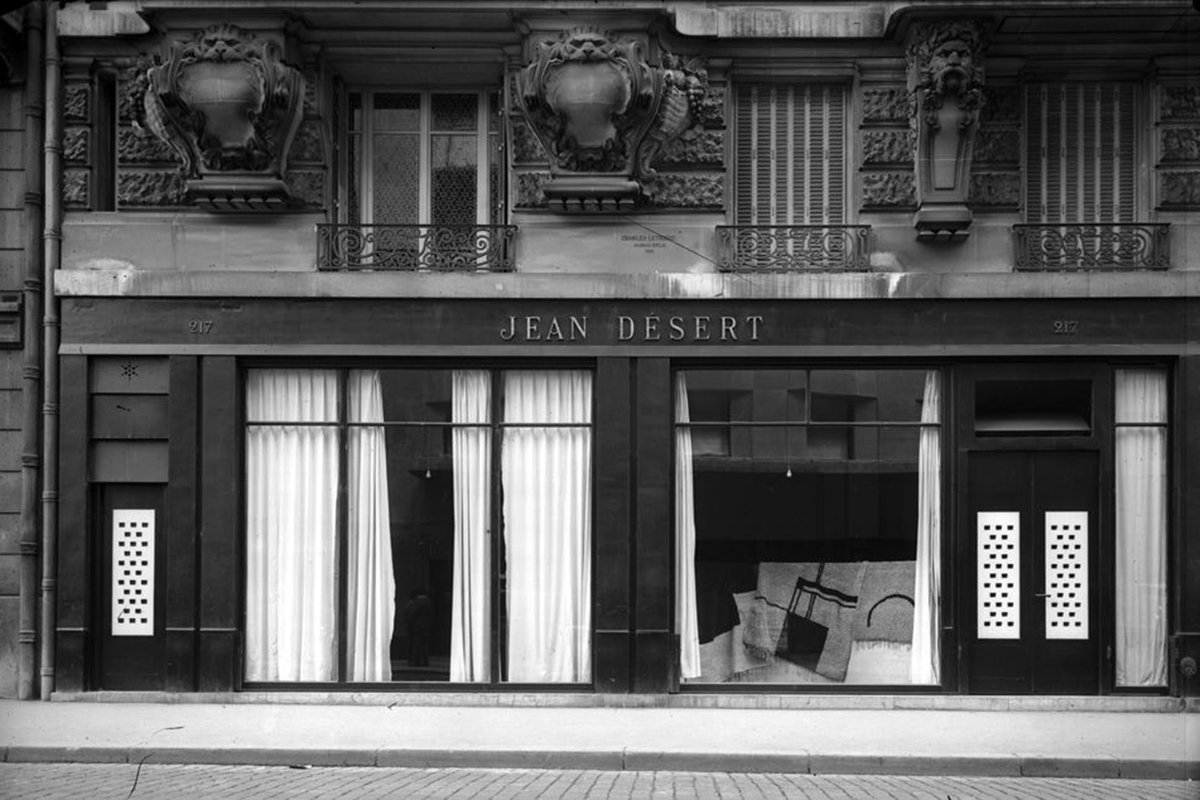
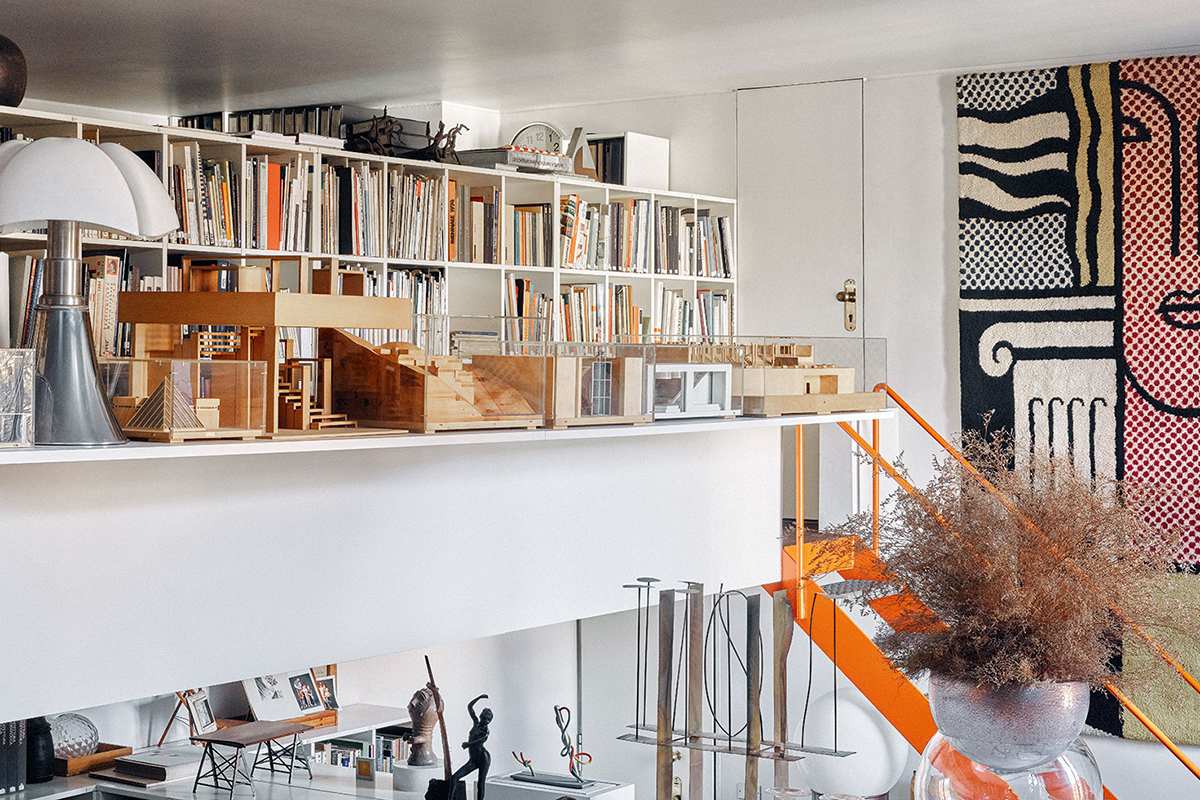
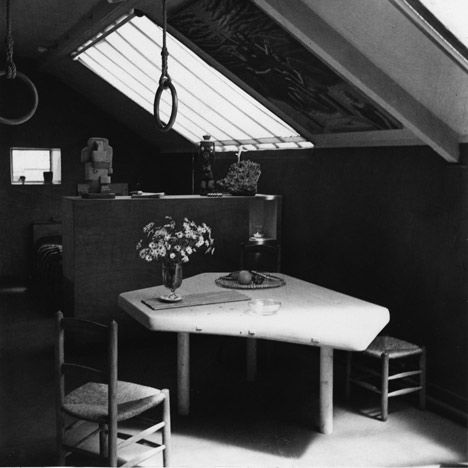
COVID-19: A chance to reimagine the future
LAURA AZZALINI
@LAURAAZZALINI
reixue.com
@RE.IXUE
